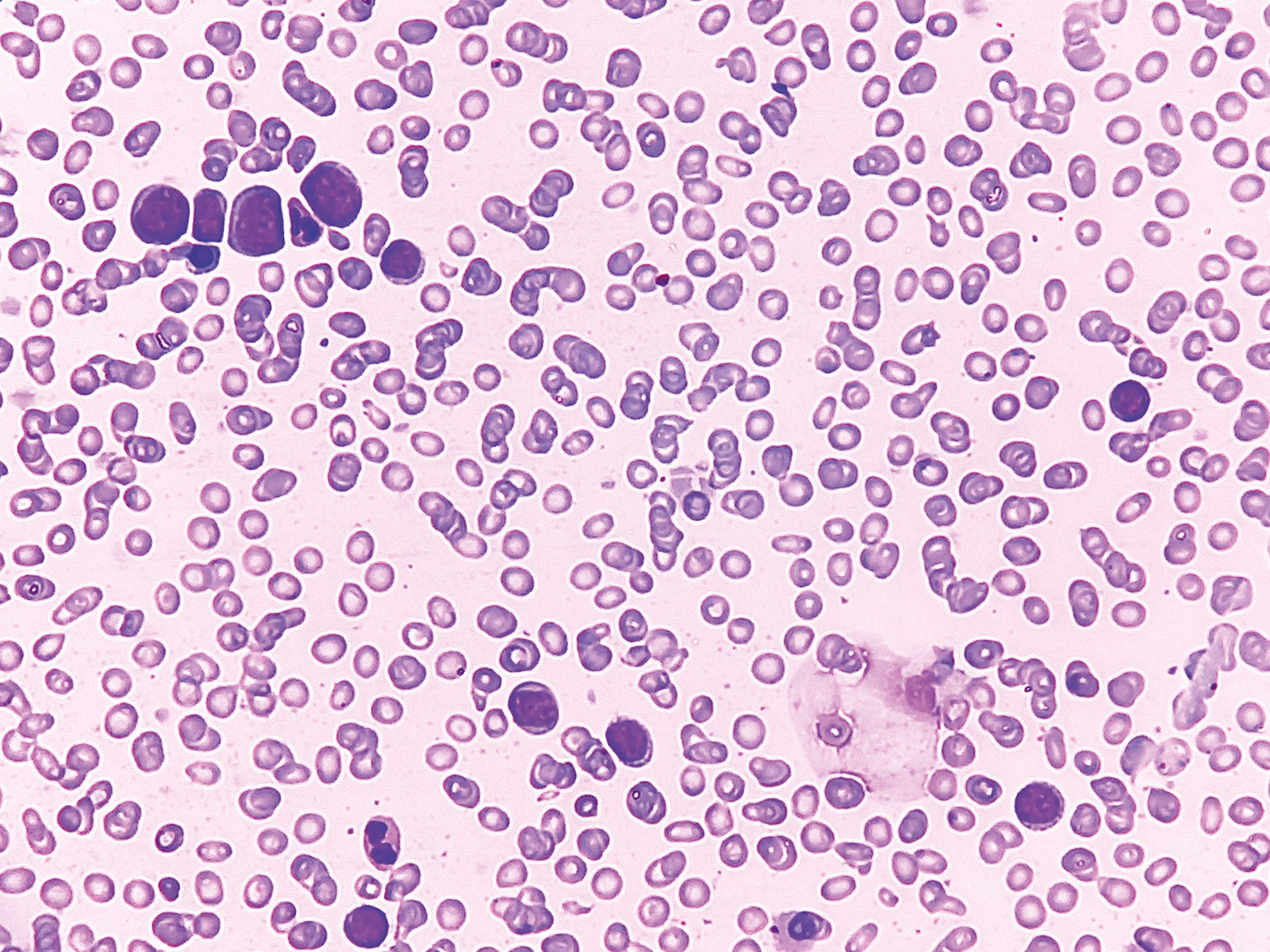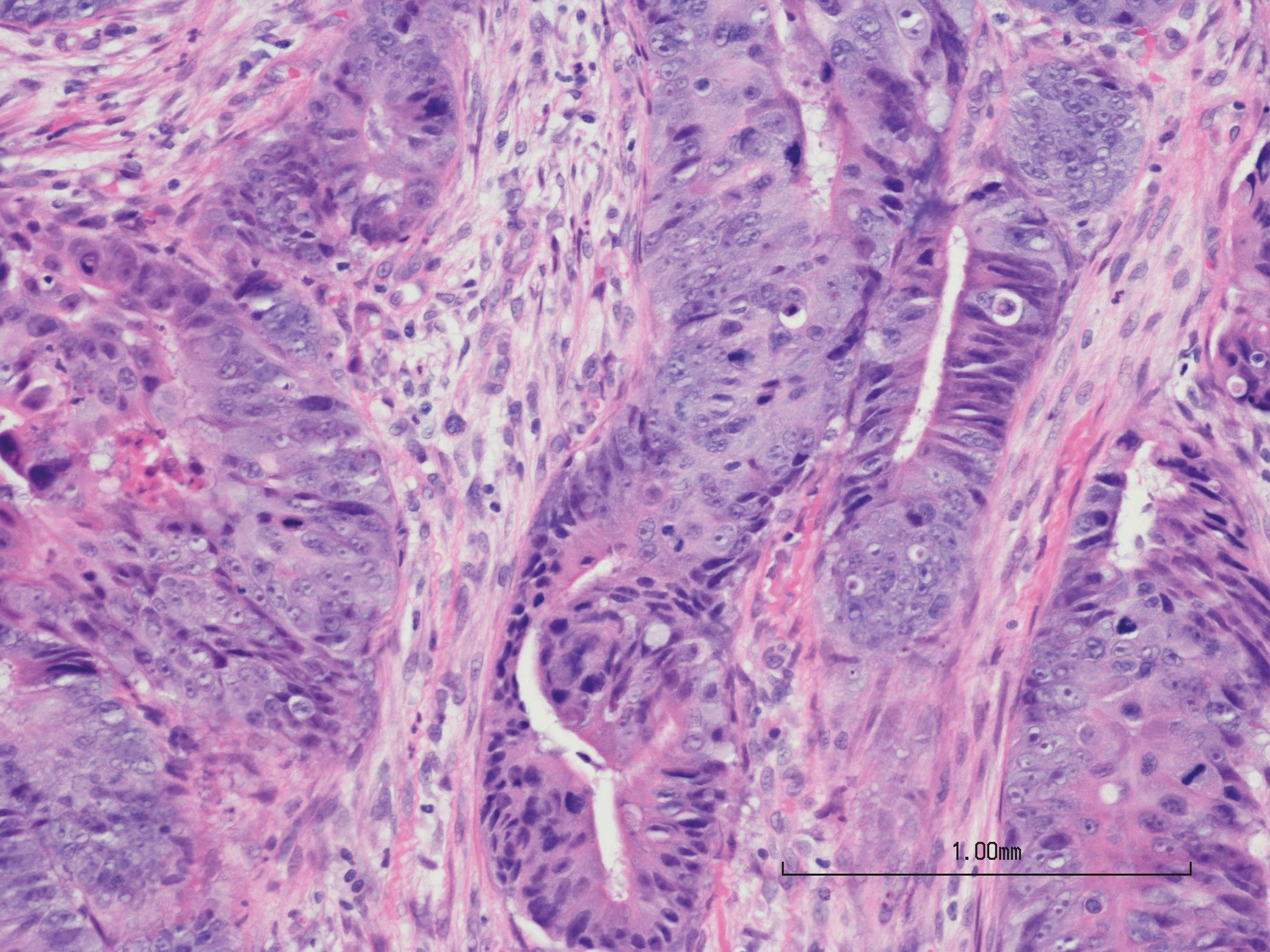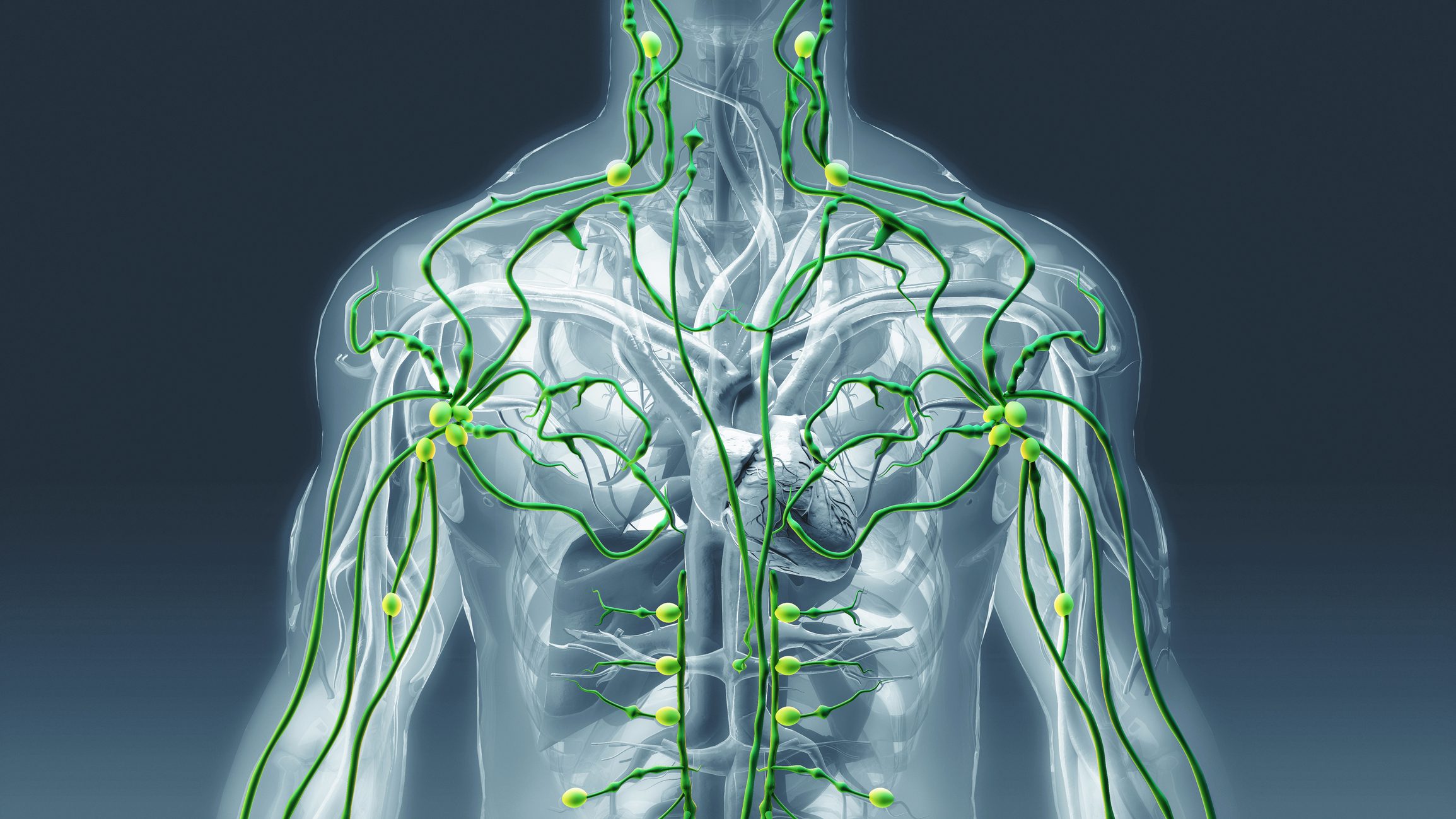Acute myeloid leukemia (AML) is often classified as an oncologic emergency leading to rapid evaluation and treatment in the hospital. Previous studies reported that time from diagnosis to treatment (TDT) had no impact on outcomes, but these data were limited to patients already intensively pretreated and/or not living in the US. A new study in adults with newly diagnosed AML, presented at ASH, comes to new conclusions.
Autoren
- Birke Dikken
Publikation
- InFo ONKOLOGIE & HÄMATOLOGIE
Related Topics
You May Also Like
- Pediatric multiple sclerosis
Early high efficacy as the key to improving prognosis
- Case report, molecular basis and therapeutic implications
HER2-positive colorectal carcinoma with invasive micropapillary component
- Wound Care
Chronically infected wound on the lower leg – a case report
- From symptom to diagnosis
Dyspnea – thoracic lymphoma
- Hemophilia A and B
Personalized approach and innovative treatment options
- Diagnosis and treatment of neurological and psychiatric illnesses
Precision Neurology
- Type 2 diabetes
Pharmacotherapy can lead to remission
- Case Report












